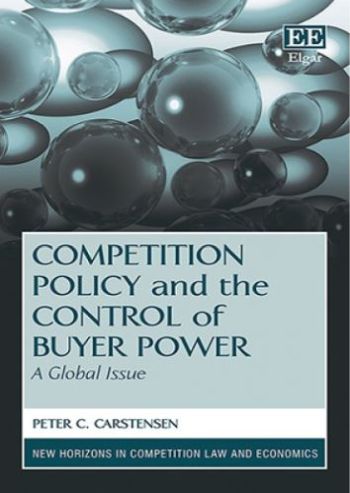
This book provides a comprehensive overview of the economic and competition policy issues that buyer power creates. Drawing on economic analysis and cases from around the world, it explains why conventional seller side standards and analyses do not provide an adequate framework for responding to the problems that buyer power can create. Based on evidence that abuse of buyer power is a serious problem for the competitive process, the book evaluates the potential for competition law to deal directly with the problems of abuse either through conventional competition law or special rules aimed at abusive conduct.
Peter C. Carstensen's expert analysis uses the policy goal of preserving and protecting the competitive process as a guide, and evaluates competition law and policy found around the world for diverse perspectives. He identifies and evaluates controls beyond conventional competition rules and makes recommendations for competition policy, including focus on limiting the emergence of undue buyer power, strict controls limiting the size of legitimate buyer groups, prohibition in most instances of buyer cartels, and strict standards to bar mergers creating buyer power to provide a set of policies that can constrain the risks of undue buyer power.
Competition law scholars, competition law practitioners, staff of competition enforcement agencies, economists interested in competition policy, and agricultural economists interested in market systems will all find this book a strong resource.